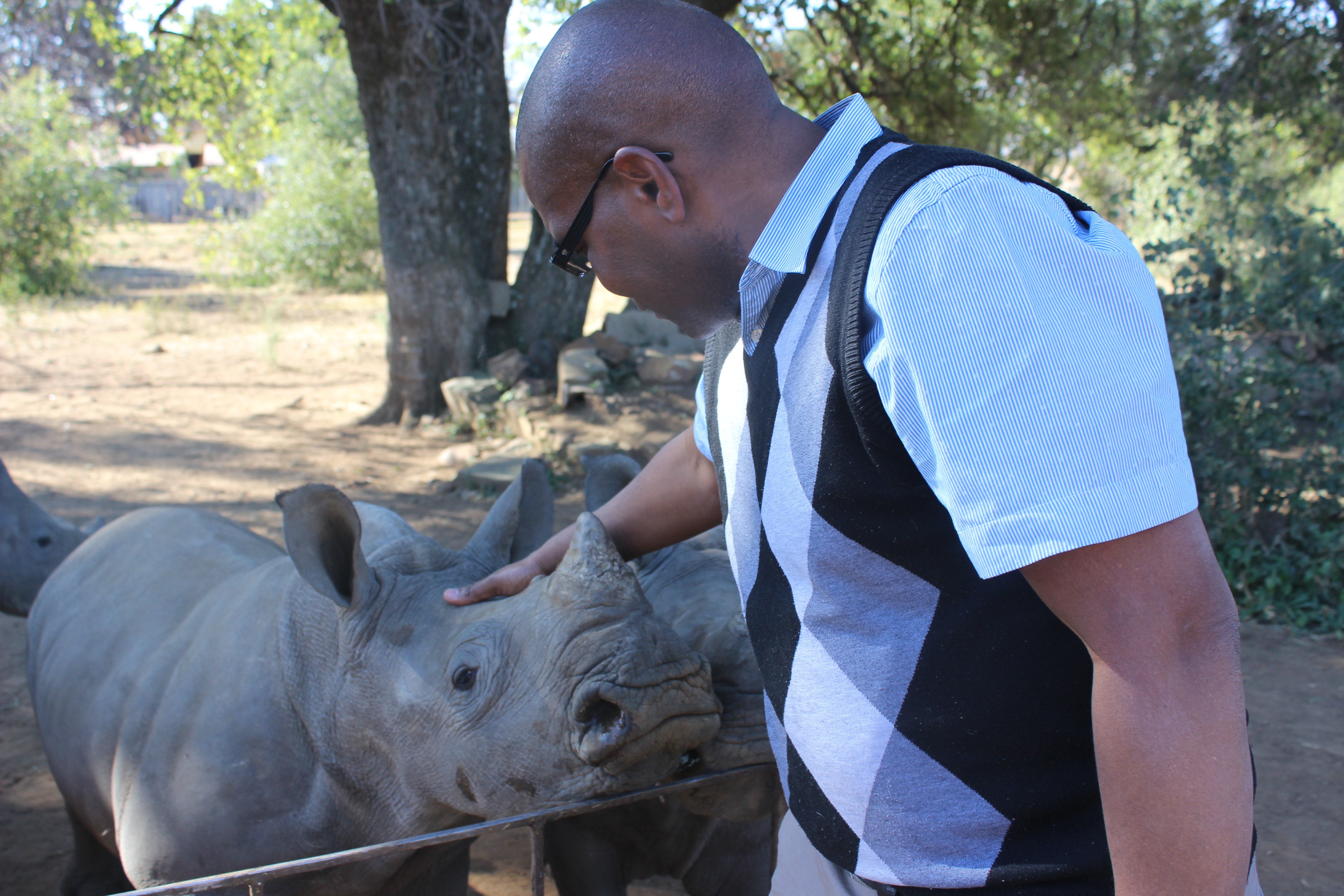White Paper Urges Leadership Endorsement for AI-Driven Wildlife Conservation Initiative
Johannesburg – A recent white paper from the Ivory Education Institute, based in Los Angeles, outlines an ambitious plan intended to revolutionize the intersection of Artificial Intelligence (AI) and wildlife conservation.
This document calls on governments, organizations, and individuals worldwide to back a groundbreaking initiative that seeks to use AI to promote cooperation between the United States and China in a pioneering conservation effort, supported by CITES.
If executed, this initiative could help the leading AI nations formulate guidelines for the future application of AI.
The proposal comes at a critical moment.
According to recent articles, including one from the New York Times dated September 2, 2025, AI has begun to operate beyond human control.
It has shown a capacity to learn, adapt, and evolve independently of human oversight.
Former Microsoft executive Craig Mundie has raised concerns regarding humanity’s development of a new “computational species.”
Columnist Thomas Friedman has asserted that AI’s importance is “too significant” for any nation to address in isolation.
Given this context, the Ivory Education Institute urges global leaders to leverage AI’s potential before it spirals into an unmanageable force.
The White Paper proposes two innovative AI initiatives for CITES member states to contemplate during the CoP20 meeting in November 2025, set to occur in Samarkand, Uzbekistan.
The first initiative focuses on improving communication between humans and both wild and domesticated animals—an idea that was once a notion of fiction but is now becoming feasible with AI’s rapid advancements.
The second initiative aims to employ AI’s extensive analytical capabilities to combat the illegal online wildlife trade, a lucrative criminal sector valued in the billions of U.S. dollars each year.
“The Ivory Education Institute hopes that CITES Secretary-General Ivonne Higuero will be flexible enough to use her CoP20 meeting to urge both animal rights and sustainable use advocates to develop an agenda that could launch this historic undertaking,” states the document.
The stakes are high.
For decades, CITES has narrowly concentrated on regulating the trade of endangered species, but the Ivory Education Institute argues that it is uniquely positioned to create a neutral platform for U.S.-China collaboration on an AI initiative for global benefit.
With both superpowers mired in political and economic conflicts, from Taiwan to trade tariffs, the White Paper proposes that wildlife conservation may present a rare avenue for cooperative efforts.
If successful, the initiative, named CRENEXTION (a fusion of the words Creature and Connection), would formally unite humanity, AI, and the animal kingdom in unprecedented manners.
“The ambition to forge connections between all wild and domestic creatures and human beings for the mutual benefit of all” is the ultimate aim articulated by the White Paper.
For this vision to succeed, substantial financial and political support is essential.
Consequently, the Ivory Education Institute is reaching out to philanthropists, governments, and NGOs for funding to aid the initial phases, which include international coordination, research, and policy formulation.
A dedicated website, www.crenextion.org, has been launched to gather public input and attract committed supporters.
“This is a challenging task to accomplish swiftly by historically adversarial groups…,” the White Paper observes.
“However, it is certainly attainable if others acknowledge what Friedman and Mundie have stressed: The urgent need for humanity to establish enforceable means to regulate the actions of the Silicon Race.”
As the world prepares for CITES CoP20, the central question is whether any governments, leaders, or donors will step up to endorse a project that could unite global rivals, harness AI’s transformative potential, and protect wildlife for future generations. Essentially, the future of both humanity and wildlife may depend on AI.
As delegates gear up for CITES CoP20 in Samarkand, there is growing anticipation that the meeting could extend well beyond its traditional focus on regulating the trade of endangered species.

According to the White Paper, this meeting could generate interest by potentially serving as the launchpad for a fresh approach to global conservation, integrating artificial intelligence with human creativity to redefine humanity’s bond with animals.
If embraced, CITES could pioneer as the first international entity to officially urge the United States and China to utilize their advanced technologies for wildlife conservation endeavors.
The White Paper introduces two cutting-edge projects: the creation of AI tools to monitor and prevent illegal wildlife trade online, and the development of systems for improved communication with animals to better understand and meet their needs while balancing human-animal interactions.
“By engaging the two leading AI superpowers from the onset, we can involve the brightest intellects and most sophisticated technologies in this project from the beginning,” states the Ivory Education Institute’s document.
“It would also serve as a model for the superpowers to navigate other non-AI challenges they face.”
However, the paper voices concern that even the most promising initiatives may falter without strong leadership.
It calls on nonprofit leaders, particularly from both the animal rights and pro-sustainable use sectors, to advocate publicly for the proposal.
Political leadership, especially from southern Africa, is also encouraged since governments in this area have long sought innovative approaches to balance conservation with sustainable use.
Ultimately, the success of PROJECT CRENEXTION will depend on its capacity to secure governmental and donor backing.
This support would help disseminate the White Paper, maintain diplomatic engagement when needed, and fund the international collaboration necessary to realize the project.
“The Ivory Education Institute contends that PROJECT CRENEXTION offers CITES and its member states—along with all CITES observers and supporters—an opportunity to make significant advances in humanity’s relationship with both wild and domestic animals. It hopes that this rare confluence of necessity, timing, and opportunity will not be overlooked as bold measures are called for to initiate a groundbreaking approach to two of humanity’s most urgent challenges.”
About the writer: Emmanuel Koro is an internationally recognized environmental journalist based in Johannesburg, reporting independently on environmental and developmental issues.

